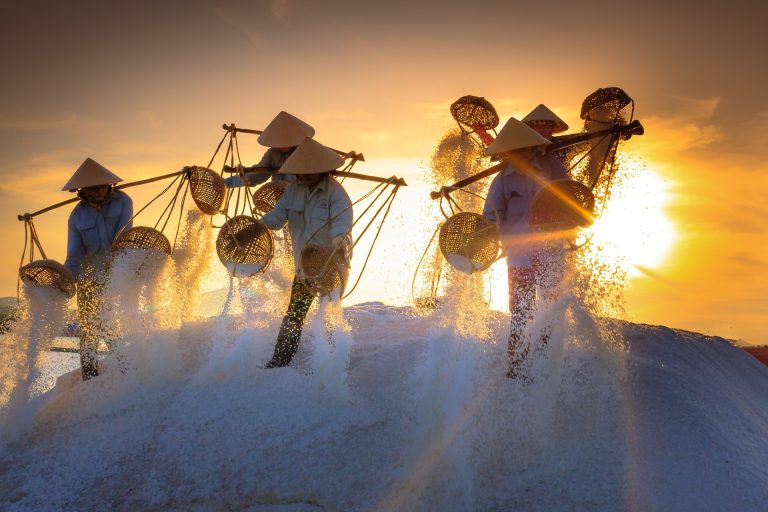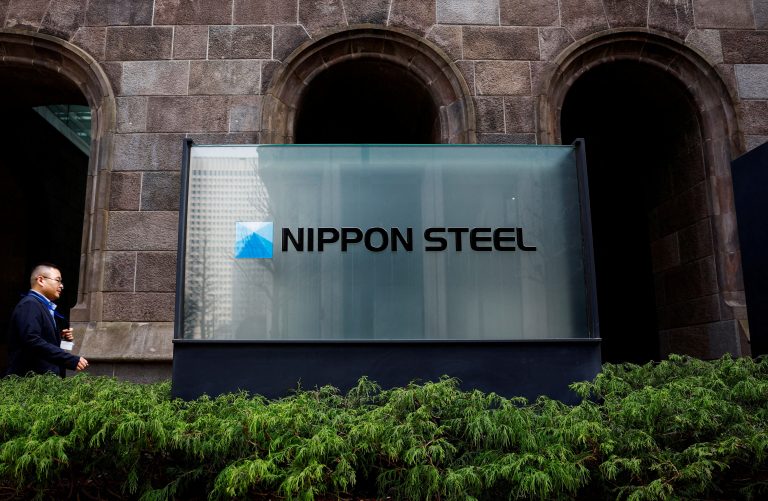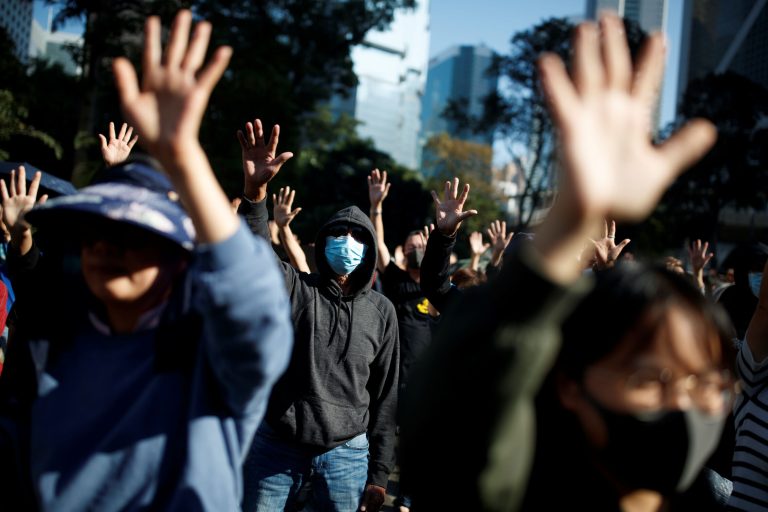The U.S. Senate on July 14 passed the Uyghur Forced Labor Prevention Act to block imports of Chinese goods that employ forced labor from the Xinjiang region, where the communist authorities have reportedly detained over 1 million Uyghurs and other ethnic minorities. Detained individuals are reportedly subject to physical and mental torture, with the ultimate aim being to force them to give up their culture and conform to the ideology of the Chinese Communist Party (CCP).
Introduced by Republican Senator Marco Rubio, the bipartisan bill was passed with unanimous consent. The bill tasks the Department of Homeland Security with reporting to Congress a strategy to prevent the importation of goods made in Xinjiang. The strategy must detail a list of entities working with the region’s local government and are benefiting from the forced labor of persecuted communities like the Uyghurs, Kyrgyz, or Kazakhs.
U.S. Customs and Border Protection “shall generally presume that goods produced by these entities are barred from importation into the United States,” according to the bill summary. The Department of State will be tasked with reporting to Congress as to whether the human rights abuses perpetrated by the Chinese regime in Xinjiang constitute genocide. The department also has to develop a strategy to boost international awareness of forced labor used in Xinjiang and ways to address the issue.
In a statement, Rubio said that the bill sends Beijing and international companies that profit from forced labor a message that such actions will “no more” be tolerated. Insisting that “we cannot any further delay,” the senator asked his colleagues in the House to pass the bill so that it can be sent to President Joe Biden to be signed into law.
“We will not turn a blind eye to the CCP’s ongoing crimes against humanity, and we will not allow corporations a free pass to profit from those horrific abuses. Once this bill passes the House and is signed by the President, the United States will have more tools to prevent products made with forced labor from entering our nation’s supply chains.” Rubio said.
Success
You are now signed up for our newsletter
Success
Check your email to complete sign up
Democratic Senator Jeff Merkley, one of the supporters of the bill, highlighted the CCP’s of subjecting Uyghurs to forced labor, torture, imprisonment, forced sterilization, as well as pressuring them to “abandon their religious and cultural practices.” No American company should “profit from these abuses,” he said, adding that no American consumer should be buying products made from slave labor.
Beijing has condemned the bill, calling the allegations “completely inconsistent” with facts. “This is not conducive to China or the US, and not conducive to global economic recovery. China firmly opposes it,” the Chinese commerce ministry said. It accused the U.S. of acting in a manner that damages the “safety and stability” of global industrial supply chains.
Uyghur rights groups have welcomed the Senate’s decision. “This unanimous vote by the U.S. Senate is historic… Uyghurs around the world are deeply grateful,” UHRP Executive Director Omer Kanat said.
Government advisory
The Uyghur bill comes on the back of a government advisory update issued on July 12 that warned businesses against using forced labor from Xinjiang anywhere in its supply chain. It stated that the PRC government was perpetrating “horrific abuses” in the region.
“Given the severity and extent of these abuses, businesses and individuals that do not exit supply chains, ventures, and/or investments connected to Xinjiang could run a high risk of violating U.S. law,” the advisory warned.
The advisory includes information on forced labor being used in silicon and polysilicon supply chains in Xinjiang, which is a crucial factor in the production of solar panels. A report published in May by the Sheffield Hallam University had identified several firms from Xinjiang that were using forced Uyghur labor.
This included 11 companies that were engaged in labor transfers, 4 companies in industrial parks that have accepted such transfers, and 90 Chinese and international companies whose supply chains are linked to such labor.
95 percent of all solar modules produced in the world rely on solar-grade polysilicon. And 45 percent of the world’s supply of solar-grade polysilicon is accounted for by manufacturers in Xinjiang.
In a report issued by the Congressional-Executive Commission on China in March 2020, Nike, Coca-Cola, Calvin Klein, Adidas, etc. were listed as having suspected ties to forced labor in Xinjiang. A November 2020 report by The New York Times had revealed that several American companies, including Coca-Cola and Nike, were lobbying Congress to weaken the Uyghur Forced Labor Prevention Act.
In June 2021, Nike Chief Executive John Donahoe sought to appease the CCP during an earnings report call. He said that “Nike is a brand that is of China and for China” and expressed confidence that the country would remain a huge market for the company.















